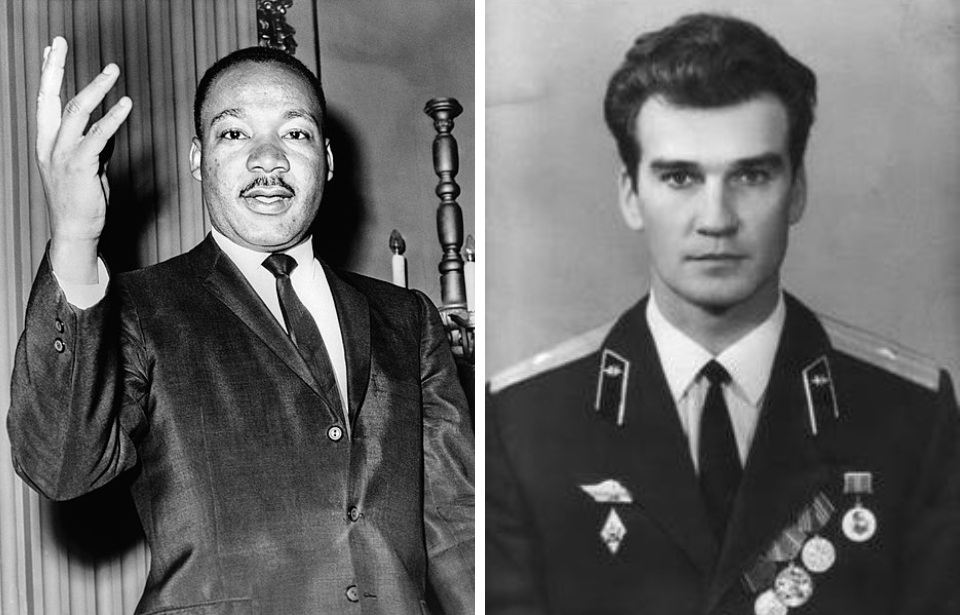Everyone at least once has looked back on a decision and wondered, “What if?” It’s always possible that your life could have been different if you’d gone against your gut – for better or for worse. History is filled with several “what if” scenarios, and the following are just six examples of last-minute decisions that forever changed the past.
Abraham Lincoln’s assassination
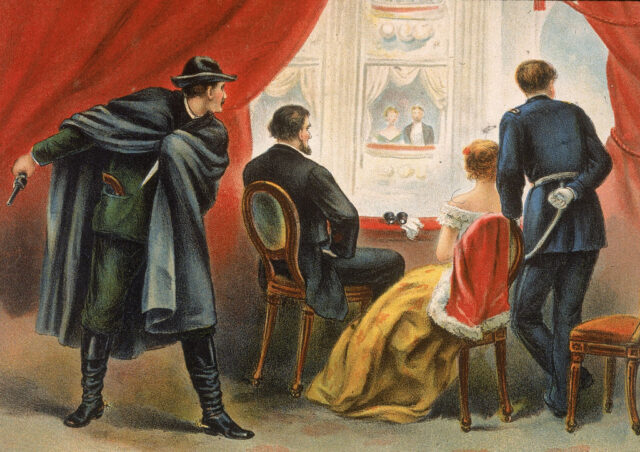
John Wilkes Booth famously assassinated US President Abraham Lincoln at Ford’s Theatre in Washington, DC in 1865. What if we told you that his passing could have been averted, had it not been for a last-minute decision?
Initially, Lincoln was to attend Our American Cousin with his wife, Ulysses S. Grant and the general’s wife. However, these plans fell through, as Julia Grant disliked Mary Lincoln and didn’t want to go. As such, she and her husband opted not to join them at the show and, instead, travel to New Jersey to visit their children.
The president still wanted to go, partially because the public expected to see him there, so he and Mary kept their original plans.
‘I Have a Dream’
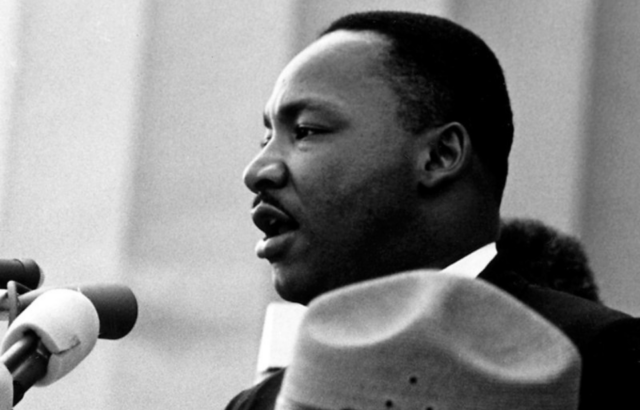
“I Have a Dream” was delivered by Martin Luther King Jr. during the March on Washington on August 28, 1963. The speech was given to a crowd of over 250,000 people from the steps of the Lincoln Memorial, and it has become one of the most important and famous in American history.
King had preached about dreams for years. He hadn’t planned, however, to specifically say the phrase “I have a dream.” It wasn’t until gospel singer Mahalia Jackson shouted, “Tell them about the dream, Martin,” that he said the famous words.
Outbreak of World War I
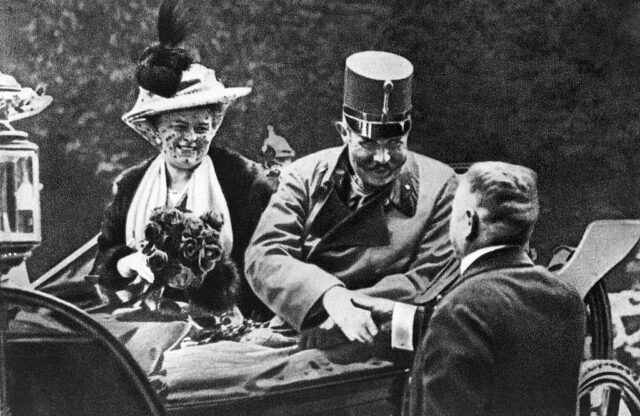
On June 28, 1914, Gavrilo Princip assassinated Archduke Franze Ferdinand. The event only increased tensions across Europe, leading to the outbreak of the First World War. However, what many aren’t aware of is that a last-minute decision was what turned a close call into an assassination.
On the morning of June 28, Princip and five other conspirators were positioned along the route the archduke and his wife would be taking through Sarajevo. At around 10:10 AM, one of them threw a grenade at Ferdinand’s car, but, seeing it, the driver sped up and the explosive detonated beneath the vehicle traveling behind them.
Having failed, Princip went to a delicatessen and, to his surprise, the archduke’s car pulled up outside. Ferdinand and his wife were traveling to the hospital to visit the blast victims when their driver took a wrong turn. The engine stalled when he tried to reverse, allowing Princip to pull a gun and assassinate the couple.
Marita Lorenz couldn’t take out Fidel Castro
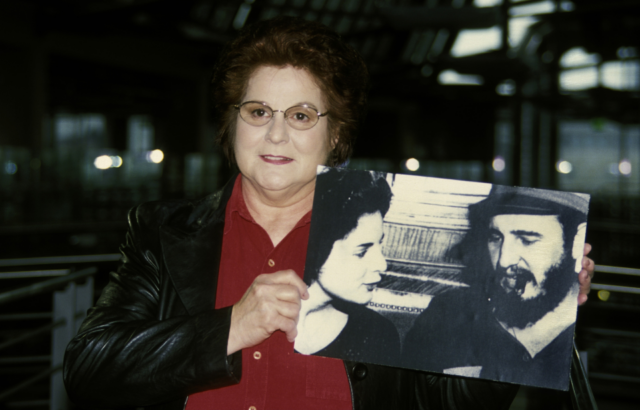
The United States devised several plans to kill Fidel Castro. These ranged from the practical to the insane. One such idea was to poison his favorite ice cream, while another was to send an attractive woman to seduce and kill him.
This, however, didn’t go exactly as planned. The CIA chose Marita Lorenz to complete this mission. She traveled to Cuba with poisonous pills, but after meeting Castro and sleeping with him couldn’t do it. Castro is reported to have gone so far as to have given her a weapon to take him out, but, even then, she couldn’t kill him.
Lorenz went on to stay with Castro for months, later discovering she was pregnant.
Buddy Holly’s need for clean clothes
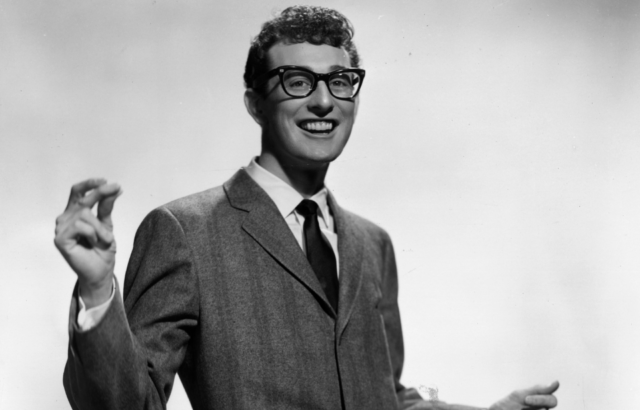
The date of February 3, 1959 is famously known as “The Day the Music Died.” Musicians Buddy Holly, Ritchie Valens and J.P. Richardson all died in a plane crash in Iowa. The three had the option of taking a bus, but decided to fly instead.
While it’s been stated by some that Holly had chartered the flight because he deserved to fly ahead of the rest of the team, there might be a more straightforward reason behind the decision. The musicians had been traveling for a while, and Holly reportedly wanted clean clothes.
To get to their next stop quicker and do laundry, he, Valens and Richardson got on a plane. This decision ultimately caused their deaths.
Stanislav Petrov saved the world
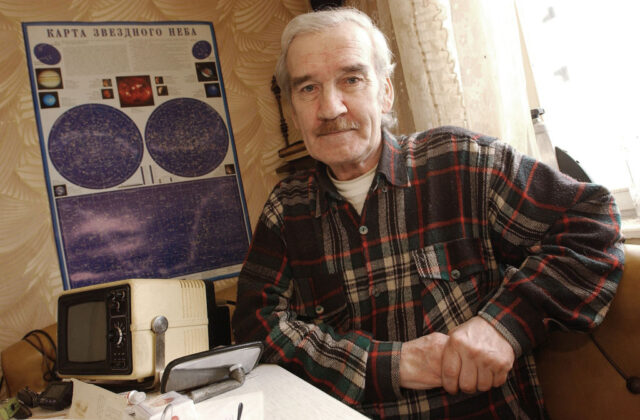
On September 26, 1983, Stanislav Petrov of the Soviet Air Defence Forces was at his monitoring station. As a duty officer with the Oko nuclear early warning system, he was charged with monitoring incoming threats, including American-deployed missiles. If Petrov saw incoming weaponry, the typical response could be to fire missiles back – and on September 26, that almost happened.
The systems alerted Petrov to an incoming missile strike, but, on this occasion, it didn’t feel right. The system stated that the US had launched upwards of six missiles. Believing it was a false alarm, he did nothing.
More from us: Seemingly Innocent Photos of Some of History’s Most Infamous Monsters
Luckily for Petrov and everyone on Earth, it actually was a false alarm and the Soviets didn’t fire any missiles.
